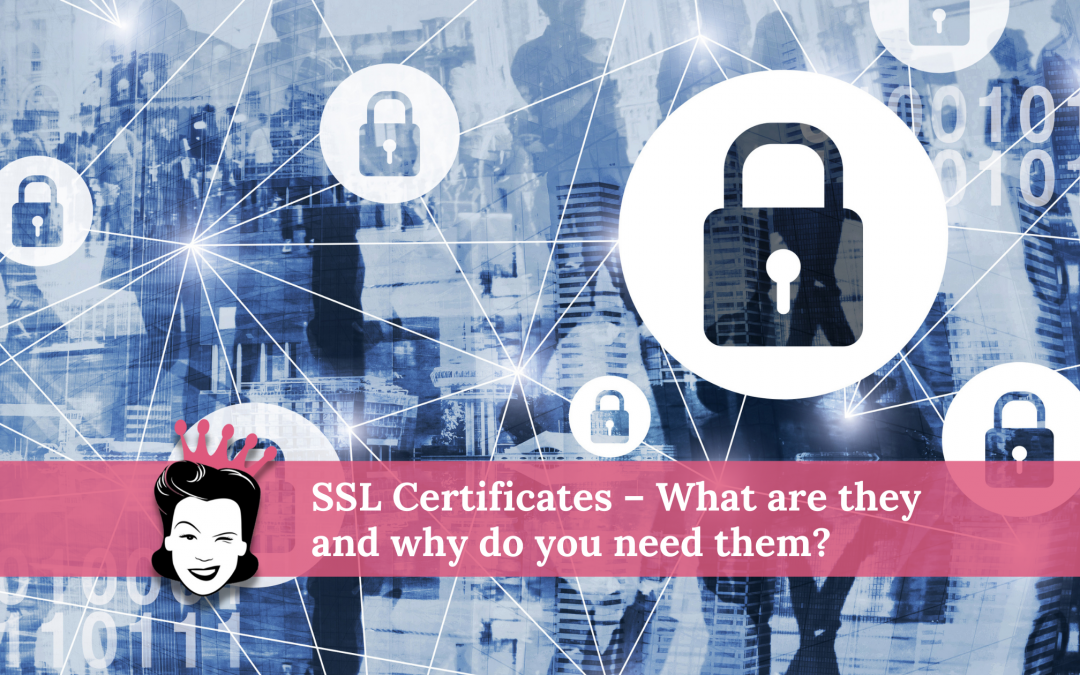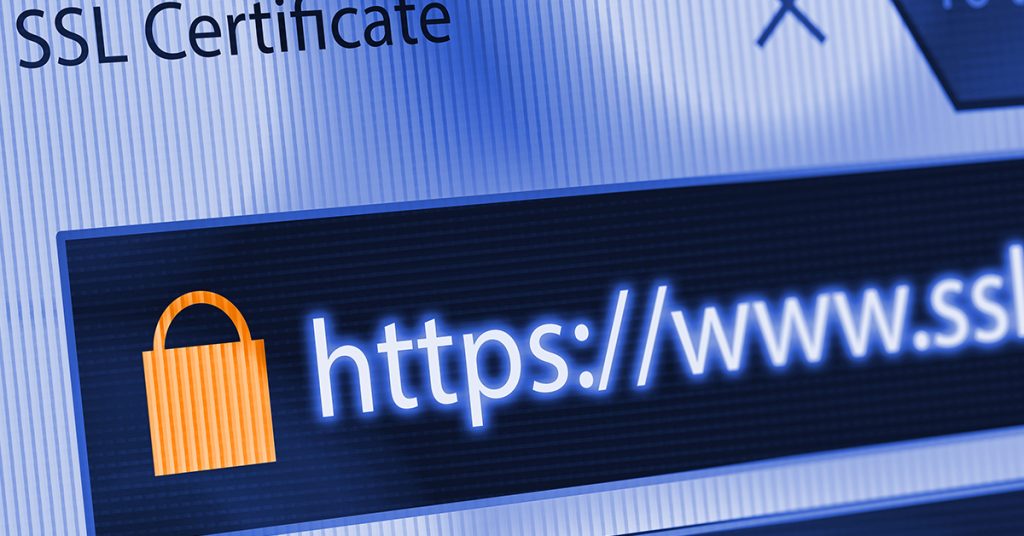
SSL Certificates – What are they and why do you need them?
What is an SSL certificate?
The SSL certificate is a digital signature that authenticates the website’s identity and enables an encrypted connection. It does this through Secure Sockets Layer, also known as SSL for short – it creates security links between your web browser (or other client) on one end, versus whatever site you’re visiting at another location in order to ensure trustworthiness before providing access or information about either party involved within those two connections.
In order to keep customer information private and secure, companies need SSL certificates on their websites.
How do SSL certificates work?
SSL (secure socket layer) is a technology that ensures the safety of your information by scrambling it before sending over any connections. SSL uses encryption algorithms to make sure no one can read what you’ve sent, including those pesky hackers who want nothing more than access all our private data!
The process works like this:
- A browser or server attempts to connect to a website (i.e., a web server) secured with SSL.
- The browser or server requests that the web server identifies itself.
- The web server sends the browser or server a copy of its SSL certificate in response.
- The browser or server checks to see whether it trusts the SSL certificate. If it does, it signals this to the webserver.
- The web server then returns a digitally signed acknowledgment to start an SSL encrypted session.
- Encrypted data is shared between the browser or server and the webserver.
SSL handshakes are a necessary part of the process when you want to make sure your data is being sent safely and won’t get hacked. It only takes place in milliseconds, so it’s quick!
When you visit a website with an SSL certificate, the phrase HTTPS appears in your browser’s address bar. This means that all data is encrypted for security purposes and can only be accessed by those who have access to it through this protective layer of encryption—giving reassurance to visitors who see padlock icons next time they go on any new site without one!
To view an SSL certificate’s details, you can click on the padlock symbol located within the browser bar. Details typically included within SSL certificates include:
-
- The domain name that the certificate was issued for
- Which person, organization, or device it was issued to
- Which Certificate Authority issued it
- The Certificate Authority’s digital signature
- Associated subdomains
- Issue date of the certificate
- The expiry date of the certificate
- The public key (the private key is not revealed)
Why you need an SSL certificate
Websites need SSL certificates to keep user data secure, verify ownership of the website, prevent attackers from creating a fake version of your site and convey trust. Sometimes websites ask users for personal information like credit card numbers or view confidential details related to health benefits or financial planning – when this is happening it’s essential that you protect their private info with an SSL certificate so they know there isn’t any danger in sharing these sensitive bits online!
An SSL certificate helps to secure information such as:
-
-
- Login credentials
- Credit card transactions or bank account information
- Personally identifiable information — such as full name, address, date of birth, or telephone number
- Legal documents and contracts
- Medical records
- Proprietary information
-
Queen Bee Media is a full-service digital marketing agency offering WordPress Web Design, Web Development, Lead Generation & Landing Pages, Email Marketing Automation, Digital Ads, Branding, Voiced Real Estate Video Tours and SEO and more. Contact us today for more info! 763-220-1389.
Want new articles before they get published?
Subscribe to our Newsletter.



